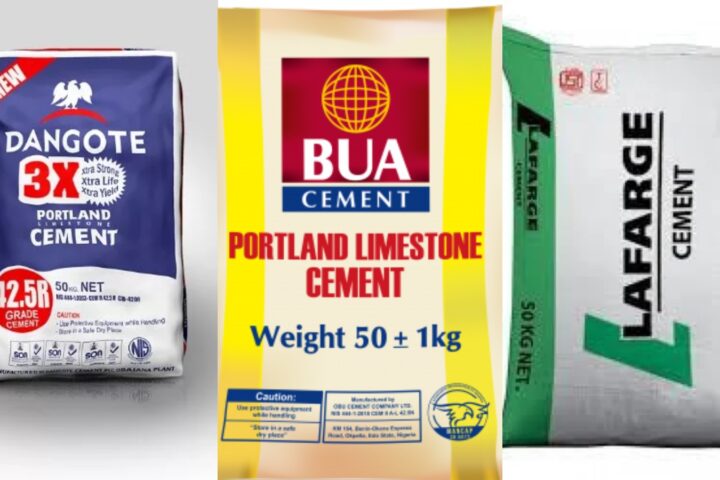Chairman of the Presidential Committee on Fiscal Policy and Tax Reforms, Taiwo Oyedele, has stated that the proposed increase of Value Added Tax (VAT) is aimed at reducing economic burden on Nigerians.
According to him, the proposed VAT increase will exclude essential items like food, healthcare, education, transportation, rent and small businesses (SMEs).
Join our WhatsApp ChannelIn a post on his X handle, Oyedele said the proposed upward adjustment of VAT is on non-essential items to partly offset the impact of the reduction in rate and exemption for essential items.
“The Presidential Fiscal Policy and Tax Reforms Committee’s proposal is to reduce the VAT rate to zero per cent (0%) on food, health, education, and exemption for rent, transportation, and small businesses,” Oyedele stated.
Prime Business Africa reports that Oyedele’s clarification was in reaction to the backlash that has trailed reports of plans by the federal government to increase VAT from 7.5 per cent to 10 per cent.
Justifying the reason for excluding the above-mentioned essential items, the tax expert cited data from the National Bureau of Statistics (NBS) which shows that these are the areas where the average household spends almost all their income, “meaning their VAT burden will reduce,” the Presidential Committee on Fiscal Policy and Tax Reforms chairman said.
“The upward rate adjustment is on non essential items to partly offset the impact of the reduction in rate and exemption for essential items ensuring that the masses are protected, and providing some cushion for states who earn 85 per cent of VAT revenue.
READ ALSO: Proposed VAT, Petrol Price Hike Will Deepen Cost-of-living Crisis – Atiku
“Businesses will also get full credit for the VAT they pay on their assets and services, thereby lowering their overall costs and moderating inflation,” Oyedele explained.
He made a comparison between the proposed VAT and current one. According to him, under the current VAT regime, many essential items constituting 82 per cent of the total consumption of an average household attract VAT; many small businesses are required to charge VAT on their sales.
He further clarified that under the proposed VAT regime, “All businesses will be able to recover VAT on their assets and services, thereby lowering their overall costs and reducing inflation; over 97 per cent of SMEs will be exempted from charging VAT on their sales; Export of services and intellectual properties will attract 0% VAT to facilitate export growth.”
READ ALSO: Bridging gender gaps in Africa’s creative sectors
Oyedele’s statement was also followed by a poll to ascertain whether Nigerians support the current VAT regime and proposed VAT increase. According to the poll conducted on X which recorded 12,121 votes, 59.6 per cent of Nigerians expressed support for the proposed tax reforms, 25.8 per cent prefer current VAT while 14.6 per cent “don’t know”.
The proposed VAT increase has generated mixed reactions. While some supported it as a way of expanding the tax net to increase revenue generation, other kicked against, warning about the impact on deepening cost-of-living crisis in the country.
Victor Ezeja is a passionate journalist with seven years of experience writing on economy, politics and energy. He holds a Master's degree in Mass Communication.
















Follow Us